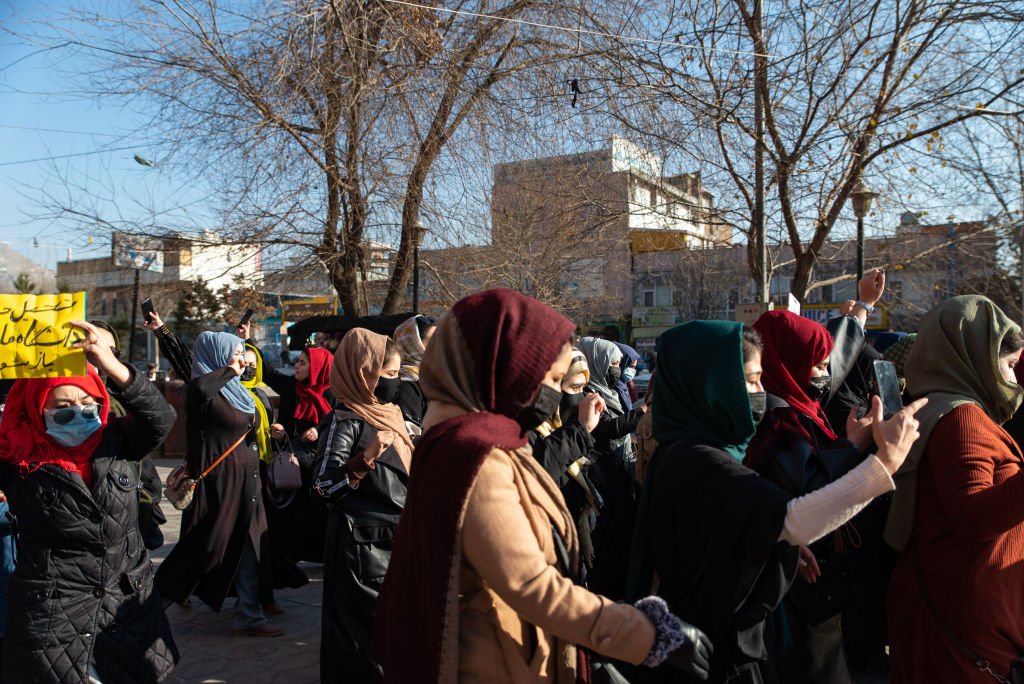Human Rights Watch (HRW) has called for the urgent establishment of an independent body to hold accountable those responsible for past and present human rights abuses in Afghanistan.
Since the Taliban’s takeover in August 2021, the country’s human rights and humanitarian conditions have deteriorated sharply, HRW said.
In a recent report, HRW stated that the Taliban’s policies have disproportionately harmed women and girls, creating what it described as the world’s most severe women’s rights crisis. “The Taliban’s repressive policies have made Afghanistan the epicenter of the global struggle for women’s rights,” the report said.
Fereshta Abbasi, an Afghanistan researcher at HRW, emphasized that the Taliban has violated fundamental rights with impunity. “The UN Human Rights Council should establish a mechanism to gather and preserve evidence of abuses and support accountability efforts, similar to what has been done in other conflict zones,” Abbasi said in the report.
HRW also highlighted the Taliban’s ban on education for girls beyond the sixth grade and the prohibition of women from attending university. Afghanistan is now the only country in the world where girls are denied education at this level.
In addition to curtailing education, the Taliban has imposed sweeping restrictions on women’s employment, movement, and participation in public life. The HRW report detailed bans on women playing sports, visiting parks, and performing in public.
The report also raised concerns about the suppression of free expression and media in Afghanistan. Journalists have been subjected to threats, arbitrary detention, and torture, creating a climate of fear that stifles independent reporting. The Taliban has also targeted LGBTQ individuals, subjecting them to threats, assault, and detention.
HRW pointed to the worsening humanitarian crisis in the country, with over 23 million people facing hunger as economic instability and poverty deepen.
“The UN Human Rights Council should create an independent accountability mechanism to ensure justice and reparations for the Afghan people, who have endured decades of abuse without redress,” Abbasi said.
Previously, at least 90 national and international organizations urged the UN Human Rights Council to recognize the situation in Afghanistan as gender apartheid and to renew the mandate of the UN Special Rapporteur on human rights in Afghanistan.





